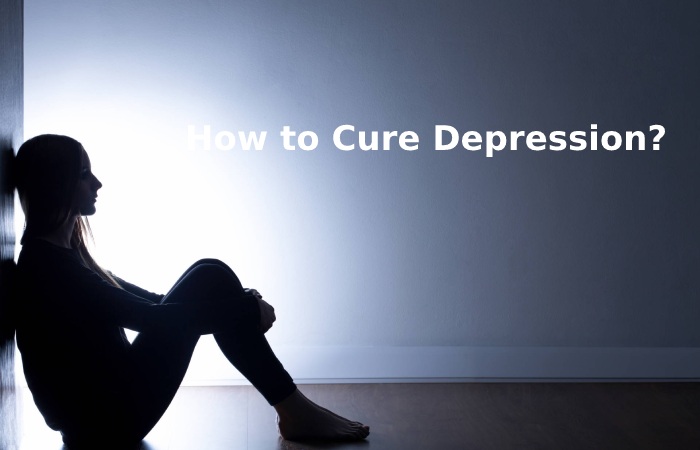Table of Contents
Definition of Depression
Depression is a mood disorder that causes a lingering feeling of sadness and loss of interest. Also called a major depressive disorder or clinical depression, it affects how you feel, think, and behave and can lead to various emotional and physical issues.
There are many degrees and forms of depression. They should be differentiated because the treatments to get by are not (necessarily) the same.
Sadness is part of existence. It is an eminently human emotion that we all repeatedly feel, which usually accompanies losing a loved one or something. What could be more regular, more natural than to cry over a lost love, a deceased loved one, a job that pleases us, a happy period in life, sadness, or the emotion of life.
Symptoms of Depression
Depression can manifest in various psychological symptoms (feelings of intense and permanent sadness, loss of motivation and interest, anxiety, memory and concentration problems, etc.) and physical (fatigue, sleep disorders).
Depression also causes similar manifestations. What fundamentally differentiates a simple moment from a true depression is the duration and intensity of the symptoms. It is normal to shed all the tears in your body for three weeks after a breakup. Continuing to cry every day six months later is a sign of something more profound.
How to Cure Depression?

The treatment depends on two components: medication and psychotherapy.
Antidepressants work on neurotransmitters. Neurotransmitters are chemical messengers that allow neurons to communicate, reducing their symptoms. The effects of antidepressants take about three weeks to start to appear. And it is necessary to take them for several months, under penalty of relapse.
Psychological care allows us to question the causes and triggers of depression. Therefore, it is likely to prevent a recurrence.
These two approaches are complementary and can cure depression in 80 to 90% of cases. If the disease persists, other forms of treatment are considered: electroshock, Vagus nerve stimulation, deep stimulation brain sends small electrical currents to the brain through electrodes or transcranial magnetic stimulation.
Kinds of Depression
Gloomy Winter – When winter is blue, the person, irritated and irritable, has sadness; she is tired and lacks energy and dynamism; she wants to sleep more (hypersomnia) and eat more, especially sugary foods. This condition is due to alterations in the production of melatonin.
Postnatal depression – Young mothers likely suffer from postpartum depression. Postpartum, on the other hand, affects about 15% of mothers. The symptoms are identical to those of “classic”: sleep disturbances (hypersomnia), fatigue, eating disorders, intense feelings of sadness, etc. move away from their babies.
Depression in the elderly – This type is not always easy to detect. It manifests itself less by sadness than by psychosomatic complaints and the slowing down of certain intellectual functions: memory disorders, concentration, orientation in space.
Manic depression – Bipolar is a particular type that affects people with bipolar disorder. A psychiatric illness affects 1 to 2% of the population by alternating episodes and manic episodes of excessive euphoria.
Burnout Depression – Discouraged man, collapsing at his workplace. Burnout is a syndrome that manifests itself on a physical, psychological, and emotional level. Unlike a depressed person who has trouble getting up in the morning, an exhausted person can continue to function for months or even years.
Prevent Depression
- While it’s not always possible to escape, some measures impact mood positively.
- Sport is an excellent antidepressant! Several scientific studies have found that 3 hours of exercise per week is as effective in treating mild to moderate as antidepressants.
- Mindfulness meditation involves refocusing on your breathing and feelings, here and now, without trying to change them. Meditating for a few minutes each day has almost miraculous effects on stress, anxiety, and depression.
- A diet rich in fruits and vegetables and omega 3 (fatty fish, rapeseed oil, etc.) and sometimes supplemented with one or two squares of dark chocolate would also regulate mood.
- Hugging someone for at least 20 seconds, petting a cat, or having an orgasm releases oxytocin, a hormone that plays a crucial role in our sense of well-being.
- Having new experiences and getting out of the daily routine from time to time would also positively influence the feeling of happiness.

